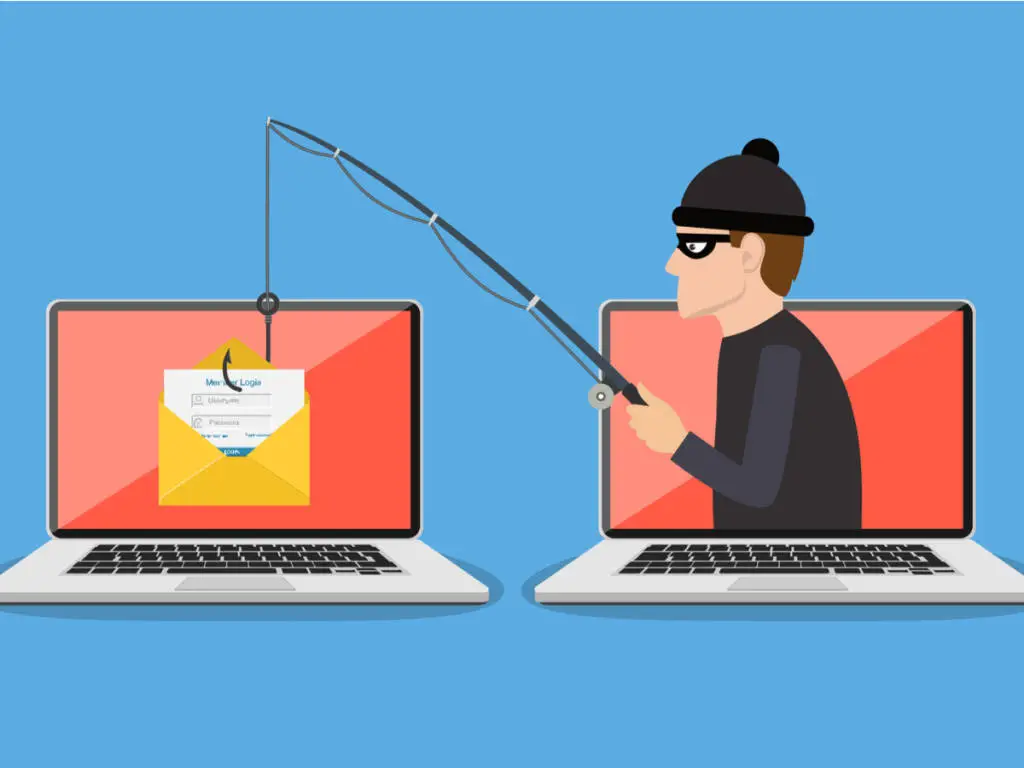cybersecurity poses to small enterprises By gaining an awareness of the most common vulnerabilities, weaknesses, and human errors that hackers take advantage of when attacking small companies, you may significantly reduce the probability of being a victim. The following is a list of a few of the greatest and most prevalent security concerns that small companies encounter. Attacks using ransomware, malware, phishing attacks, vishing, and other forms of social engineering These assaults may take a wide range of forms, such as locating and exploiting flaws identified in the software of the target, sending phishing emails to users in an effort to deceive them into disclosing sensitive information, or launching assaults such as malware, ransomware, and computer takeovers. Malware Malware is an abbreviation that stands for harmful software. This phrase is used to refer to a wide range of online dangers such as viruses, trojan horses, and worms. Malware is a category of threats that may damage your computer’s software and cause it to behave in ways that are not acceptable. Malware is not a particular danger in and of itself. This involves stealing or modifying data, limiting access to the system(s), or causing damage to the machines that are acting as hosts in some other way. It is used for the advantage of the criminals without the permission of the owner of the system or the data. Malware often operates stealthily in the background, where it might avoid detection for an extended period of time. Malware, including ransomware, is often installed on a computer when the user opens an email attachment, clicks on a link in that email, or downloads malicious software. Typically, its purpose is to either steal or delete data stored on the system. Ransomware Among the most debilitating forms of malware, ransomware, restricts your access to the…

